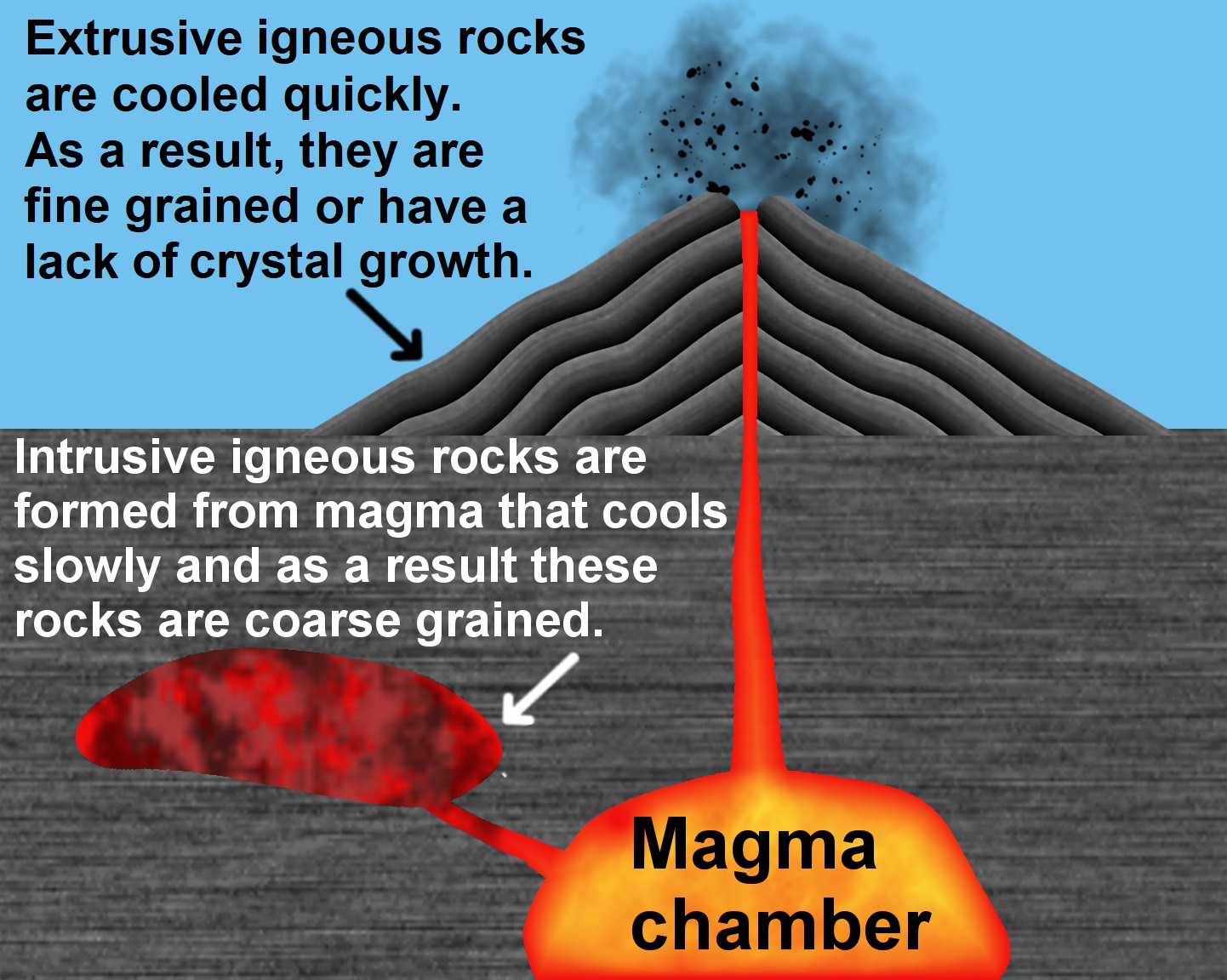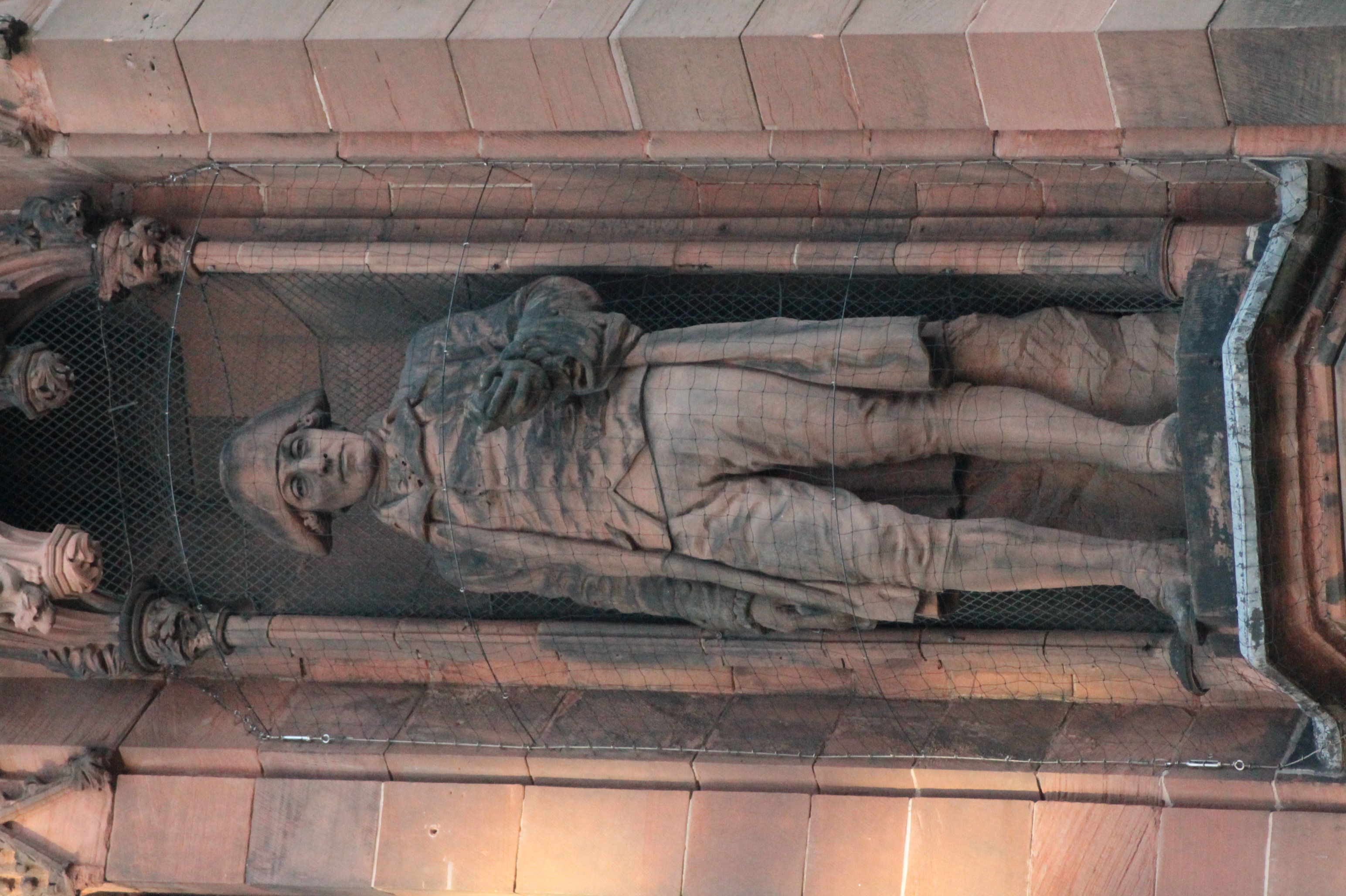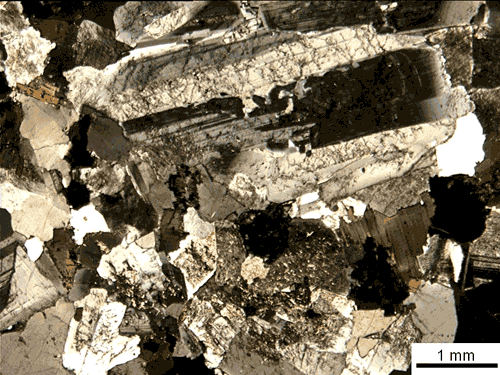|
Neptunist
Neptunism is a superseded scientific theory of geology proposed by Abraham Gottlob Werner (1749–1817) in the late 18th century, proposing that rocks formed from the crystallisation of minerals in the early Earth's oceans. The theory took its name from Neptune, the ancient Roman god of the sea. There was considerable debate between its proponents (neptunists) and those favouring a rival theory known as plutonism which gave a significant role to volcanic origins, and which in modified form replaced neptunism in the early 19th century as the principle of uniformitarianism was shown to fit better with the geological facts as they became better known. Modern geology acknowledges many different forms of rock formation, and explains the formation of sedimentary rock through processes very similar to those described by neptunism. Historical development In the mid-eighteenth century as the investigation of geology found evidence such as fossils, naturalists developed new ideas which ... [...More Info...] [...Related Items...] OR: [Wikipedia] [Google] [Baidu] |
Plutonism
Plutonism is the geologic theory that the igneous rocks forming the Earth originated from intrusive magmatic activity, with a continuing gradual process of weathering and erosion wearing away rocks, which were then deposited on the sea bed, re-formed into layers of sedimentary rock by heat and pressure, and raised again. It proposes that basalt is solidified molten magma. The theory lead to plutonic (intrinsic) rock classification, which includes intrinsic igneous rocks such as gabbro, diorite, granite and pegmatite. The name ''plutonism'' references Pluto, the classical ruler of the underworld and the Roman god of wealth. A main reason Pluto was incorporated into the classification was due to the plutonic rocks commonly being present in gold and silver ore deposits (veins). The ''Oxford English Dictionary'' traces use of the word "plutonists" to 1799, and the appearance of the word ''plutonism'' to 1842. Abbé Anton Moro, who had studied volcanic islands, first proposed the t ... [...More Info...] [...Related Items...] OR: [Wikipedia] [Google] [Baidu] |
Uniformitarianism (science)
Uniformitarianism, also known as the Doctrine of Uniformity or the Uniformitarian Principle, is the assumption that the same natural laws and processes that operate in our present-day scientific observations have always operated in the universe in the past and apply everywhere in the universe., "''The assumption of spatial and temporal invariance of natural laws is by no means unique to geology since it amounts to a warrant for inductive inference'' which, as Bacon showed nearly four hundred years ago, is ''the basic mode of reasoning in empirical science. Without assuming this spatial and temporal invariance, we have no basis for extrapolating from the known to the unknown'' and, therefore, no way of reaching general conclusions from a finite number of observations." It refers to invariance in the metaphysical principles underpinning science, such as the constancy of cause and effect throughout space-time, but has also been used to describe spatiotemporal invariance of physical ... [...More Info...] [...Related Items...] OR: [Wikipedia] [Google] [Baidu] |
James Hutton
James Hutton (; 3 June O.S.172614 June 1726 New Style. – 26 March 1797) was a Scottish geologist, agriculturalist, chemical manufacturer, naturalist and physician. Often referred to as the father of modern geology, he played a key role in establishing geology as a modern science. Hutton advanced the idea that the physical world's remote history can be inferred from evidence in present-day rocks. Through his study of features in the landscape and coastlines of his native Scottish lowlands, such as Salisbury Crags or Siccar Point, he developed the theory that geological features could not be static but underwent continuing transformation over indefinitely long periods of time. From this he argued, in agreement with many other early geologists, that the Earth could not be young. He was one of the earliest proponents of what in the 1830s became known as uniformitarianism, the science which explains features of the Earth's crust as the outcome of continuing natural processes ... [...More Info...] [...Related Items...] OR: [Wikipedia] [Google] [Baidu] |
Abraham Gottlob Werner
Abraham Gottlob Werner (; 25 September 174930 June 1817) was a German geologist who set out an early theory about the stratification of the Earth's crust and propounded a history of the Earth that came to be known as Neptunism. While most tenets of Neptunism were eventually set aside, Werner is remembered for his demonstration of chronological succession in rocks; for the zeal with which he infused his pupils; and for the impulse he thereby gave to the study of geology. He has been called the "father of German geology". Life Werner was born in Wehrau (now Osiecznica, Lower Silesian Voivodeship), a village in Prussian Silesia. His family had been involved in the mining industry for many years. His father, Abraham David Werner, was a foreman at a foundry in Wehrau. Werner was educated at Freiberg and Leipzig, where he studied law and mining, and was then appointed as Inspector and Teacher of Mining and Mineralogy at the small, but influential, Freiberg Mining Academy in 1775 ... [...More Info...] [...Related Items...] OR: [Wikipedia] [Google] [Baidu] |
Geology
Geology () is a branch of natural science concerned with Earth and other astronomical objects, the features or rocks of which it is composed, and the processes by which they change over time. Modern geology significantly overlaps all other Earth sciences, including hydrology, and so is treated as one major aspect of integrated Earth system science and planetary science. Geology describes the structure of the Earth on and beneath its surface, and the processes that have shaped that structure. It also provides tools to determine the relative and absolute ages of rocks found in a given location, and also to describe the histories of those rocks. By combining these tools, geologists are able to chronicle the geological history of the Earth as a whole, and also to demonstrate the age of the Earth. Geology provides the primary evidence for plate tectonics, the evolutionary history of life, and the Earth's past climates. Geologists broadly study the properties and processes of E ... [...More Info...] [...Related Items...] OR: [Wikipedia] [Google] [Baidu] |
OCLC
OCLC, Inc., doing business as OCLC, See also: is an American nonprofit cooperative organization "that provides shared technology services, original research, and community programs for its membership and the library community at large". It was founded in 1967 as the Ohio College Library Center, then became the Online Computer Library Center as it expanded. In 2017, the name was formally changed to OCLC, Inc. OCLC and thousands of its member libraries cooperatively produce and maintain WorldCat, the largest online public access catalog (OPAC) in the world. OCLC is funded mainly by the fees that libraries pay (around $217.8 million annually in total ) for the many different services it offers. OCLC also maintains the Dewey Decimal Classification system. History OCLC began in 1967, as the Ohio College Library Center, through a collaboration of university presidents, vice presidents, and library directors who wanted to create a cooperative, computerized network for libraries ... [...More Info...] [...Related Items...] OR: [Wikipedia] [Google] [Baidu] |
Hafner Publishing
Hafner may refer to: Surname * Anton Hafner (born 1918), German former Luftwaffe fighter ace * Benjamin Hafner (1821–1899), American locomotive engineer *Christian Hafner (born 1972), Italian luger * Dorinda Hafner, optician, nurse, storyteller, actress, dancer, writer, television chef * Edo Hafner (born 1955), retired Slovenian professional ice hockey player * Frank Hafner (1867–1957), Major League Baseball player *Fritz Hafner (1877–1964), Austrian-German painter and visual arts educator * Genevieve Hafner, French photographer based in New York City *Gerald Häfner (born 1956), German politician * Herta Hafner, Italian luger *Ingrid Hafner Ingrid Hafner (13 November 1936 – 20 May 1994) was a British actress, born in London. Her father was Raoul Hafner, an Austrian helicopter pioneer, and her mother Eileen Myra McAdam was a descendant of Scottish-born John Loudon McAdam, the roa ... (1936–1994), British actress *Josef Hafner (1799-1891), Austrian lithographer *Josef ... [...More Info...] [...Related Items...] OR: [Wikipedia] [Google] [Baidu] |
Mineralogical Society Of America
The Mineralogical Society of America (MSA) is a scientific membership organization. MSA was founded in 1919 for the advancement of mineralogy, crystallography, geochemistry, and petrology, and promotion of their uses in other sciences, industry, and the arts. It encourages fundamental research about natural materials; supports the teaching of mineralogical concepts and procedures to students of mineralogy and related arts and sciences; and attempts to raise the scientific literacy of society with respect to issues involving mineralogy. The Society encourages the general preservation of mineral collections, displays, mineral localities, type minerals and scientific data. MSA represents the United States with regard to the science of mineralogy in any international context. The Society was incorporated in 1937 and approved as a nonprofit organization in 1959. Publications * ''American Mineralogist: An International Journal of Earth and Planetary Materials'', is the print journal of ... [...More Info...] [...Related Items...] OR: [Wikipedia] [Google] [Baidu] |
Sedimentation
Sedimentation is the deposition of sediments. It takes place when particles in suspension settle out of the fluid in which they are entrained and come to rest against a barrier. This is due to their motion through the fluid in response to the forces acting on them: these forces can be due to gravity, centrifugal acceleration, or electromagnetism. Settling is the falling of suspended particles through the liquid, whereas sedimentation is the final result of the settling process. In geology, sedimentation is the deposition of sediments which results in the formation of sedimentary rock. The term is broadly applied to the entire range of processes that result in the formation of sedimentary rock, from initial erosion through sediment transport and settling to the lithification of the sediments. However, the strict geological definition of sedimentation is the mechanical deposition of sediment particles from an initial suspension in air or water. Sedimentation may pertain to ob ... [...More Info...] [...Related Items...] OR: [Wikipedia] [Google] [Baidu] |
Granite
Granite () is a coarse-grained (phaneritic) intrusive igneous rock composed mostly of quartz, alkali feldspar, and plagioclase. It forms from magma with a high content of silica and alkali metal oxides that slowly cools and solidifies underground. It is common in the continental crust of Earth, where it is found in igneous intrusions. These range in size from dikes only a few centimeters across to batholiths exposed over hundreds of square kilometers. Granite is typical of a larger family of ''granitic rocks'', or ''granitoids'', that are composed mostly of coarse-grained quartz and feldspars in varying proportions. These rocks are classified by the relative percentages of quartz, alkali feldspar, and plagioclase (the QAPF classification), with true granite representing granitic rocks rich in quartz and alkali feldspar. Most granitic rocks also contain mica or amphibole minerals, though a few (known as leucogranites) contain almost no dark minerals. Granite is nearly alway ... [...More Info...] [...Related Items...] OR: [Wikipedia] [Google] [Baidu] |
Volcano
A volcano is a rupture in the crust of a planetary-mass object, such as Earth, that allows hot lava, volcanic ash, and gases to escape from a magma chamber below the surface. On Earth, volcanoes are most often found where tectonic plates are diverging or converging, and most are found underwater. For example, a mid-ocean ridge, such as the Mid-Atlantic Ridge, has volcanoes caused by divergent tectonic plates whereas the Pacific Ring of Fire has volcanoes caused by convergent tectonic plates. Volcanoes can also form where there is stretching and thinning of the crust's plates, such as in the East African Rift and the Wells Gray-Clearwater volcanic field and Rio Grande rift in North America. Volcanism away from plate boundaries has been postulated to arise from upwelling diapirs from the core–mantle boundary, deep in the Earth. This results in hotspot volcanism, of which the Hawaiian hotspot is an example. Volcanoes are usually not created where two tectonic plates slide ... [...More Info...] [...Related Items...] OR: [Wikipedia] [Google] [Baidu] |
Freiberg, Saxony
Freiberg is a university and former mining town in Saxony, Germany. It is a so-called ''Große Kreisstadt'' (large county town) and the administrative centre of Mittelsachsen district. Its historic town centre has been placed under heritage conservation and is a part of the UNESCO World Heritage Site known as the Ore Mountain Mining Region, due to its exceptional testimony to the development of mining techniques across many centuries. Until 1969, the town was dominated for around 800 years by the mining and smelting industries. In recent decades it has restructured into a high technology site in the fields of semiconductor manufacture and solar technology, part of Silicon Saxony. It is home of the oldest university of mining and metallurgy in the world – the Freiberg University of Mining and Technology. Geography Location The town lies on the northern declivity of the Ore Mountains, with the majority of the borough west of the Eastern or Freiberger Mulde river. Part ... [...More Info...] [...Related Items...] OR: [Wikipedia] [Google] [Baidu] |







